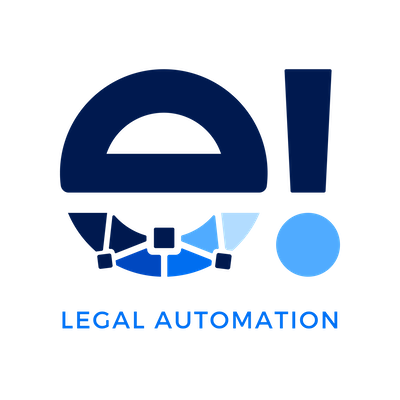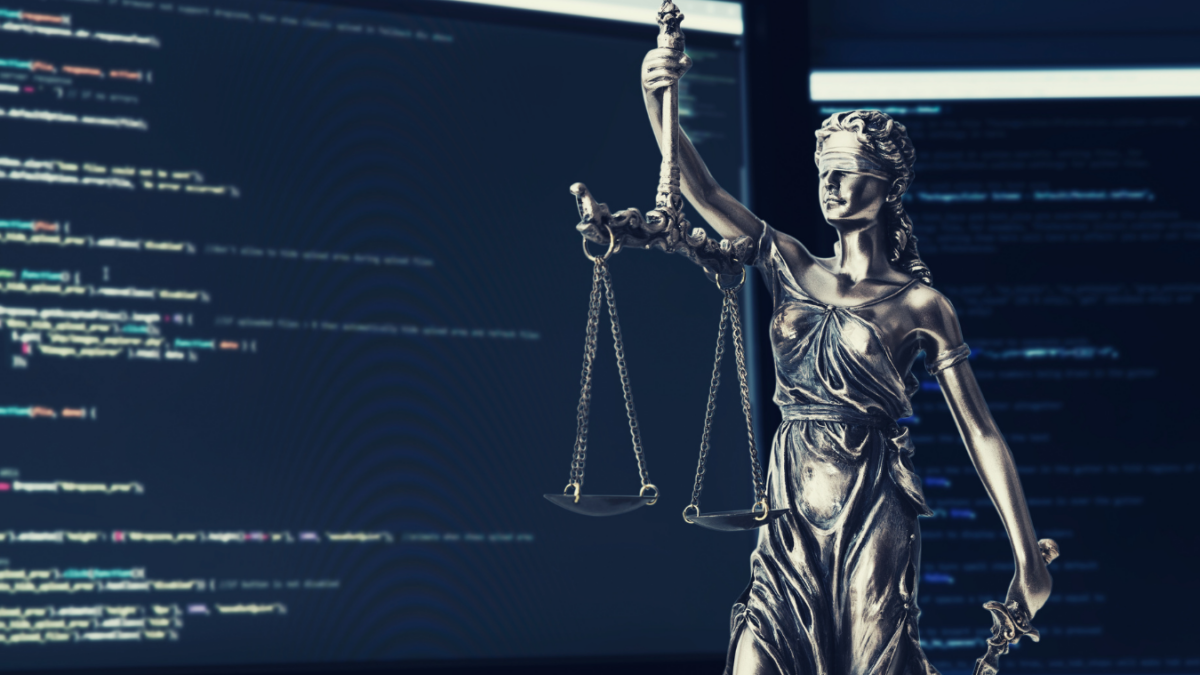No-Code Automation Integration marks a pivotal change in the legal industry. It transforms how legal services are offered. Now, legal experts can set up and control automated systems without needing deep coding knowledge.
A Gartner survey projects a significant shift by 2025. It predicts 70% of new enterprise applications will use no-code or low-code technologies. This is a jump from less than 25% in 2020. For the legal field, this means streamlined tasks. It leads to better case management, documentation, and compliance. This innovation boosts operational efficiency. It also pushes the legal sector towards a more inventive, client-focused future.
The recent McKinsey Global Institute report illuminates the potential of automation in the legal sector. Significantly, it reveals that approximately 23% of a lawyer’s tasks are amenable to automation. This finding highlights the pivotal role of No-Code Automation in streamlining repetitive tasks, such as managing data. Importantly, this is not about supplanting legal professionals, but rather about enhancing their efficiency and capacity. Rather, it’s about making legal workflows more efficient. Consequently, lawyers can then concentrate on the more intricate parts of their work. Furthermore, this integration of No-Code Automation in legal settings is not just a change, but a gradual yet significant advancement. It improves the efficiency of legal processes and empowers lawyers in their roles.

Improving Productivity Through No-Code Automation Implementation in Legal Workflows
No-Code Automation Integration is transforming legal operations dramatically. It brings unparalleled efficiency in handling everyday tasks. The ability of this technology to automate tasks like document management, compliance monitoring, and client communication is crucial. Law firms can shift their focus to more complex legal analysis and strategy creation.
This shift in technology improves both operational efficiency and the quality of legal services. It gives law firms a clear edge in the competitive market.
Moreover, the adaptability of No-Code Automation Integration empowers law firms to quickly adjust to changes in the legal landscape and client requirements. As a result, this leads to a legal practice that is both more agile and responsive, effectively bridging the gap between evolving legal challenges and innovative solutions. Ultimately, this transformation fosters a dynamic and client-centric legal environment.
Cost Reduction and Accessibility: The Impact of No-Code Automation Encorporation
In terms of cost efficiency, No-Code Automation Integration plays a crucial role. By streamlining complex legal processes and minimizing the need for extensive IT support, law firms can significantly cut operational expenses. This reduction in costs benefits clients through more affordable legal services.
Notably, No-Code Automation Integration levels the playing field for smaller law firms and solo practitioners. They gain access to sophisticated legal tools previously only available to larger firms. Consequently, this democratization of technology promotes a diverse and competitive legal market, leveling the playing field for all sizes of law practices. Such an environment not only fosters innovation but also enhances the quality of legal services available to clients. The increased accessibility to advanced legal tools leads to a more equitable legal system, where high-quality legal services are available to a wider range of clients.

Client Experience Transformation via No-Code Automation Integration
No-Code Automation Integration significantly enhances the client experience in the legal sector. Automated systems ensure efficient and accurate handling of inquiries, case updates, and document management. This leads to quicker resolutions and higher client satisfaction. Law firms using No-Code Automation Integration can offer more personalized and responsive services, strengthening client relationships. In the digital era, where clients expect rapid, effective, and transparent legal assistance, this client-centric approach is vital. This shift marks a significant improvement in standards of legal service delivery.
Fostering Legal Innovation through No-Code Automation Integration
No-Code Automation Integration is a catalyst for innovation in the legal industry. This tool helps lawyers use new methods and technologies, making their work more effective. By quickly adapting and making custom solutions, law firms can stay ahead in a competitive market. Innovating is key to solving new legal problems and keeping up with client needs. Law firms using No-Code Automation set new standards for innovation, efficiency, and customer service in their field.
Future of Legal Industry: No-Code Automation Integration as a Catalyst
Peering into the future, we see No-Code Automation Integration continuing to reshape the legal sector. It is changing legal services to be faster, better, and more client-focused. It helps make legal help more accessible to everyone. This technology is a big leap forward. It’s creating a legal world that’s quick to adapt, creative, and better at meeting the changing needs of clients and the community.
This isn’t just about improving what we already do. It also opens the door to new and better ways of providing legal services and connecting with clients.






